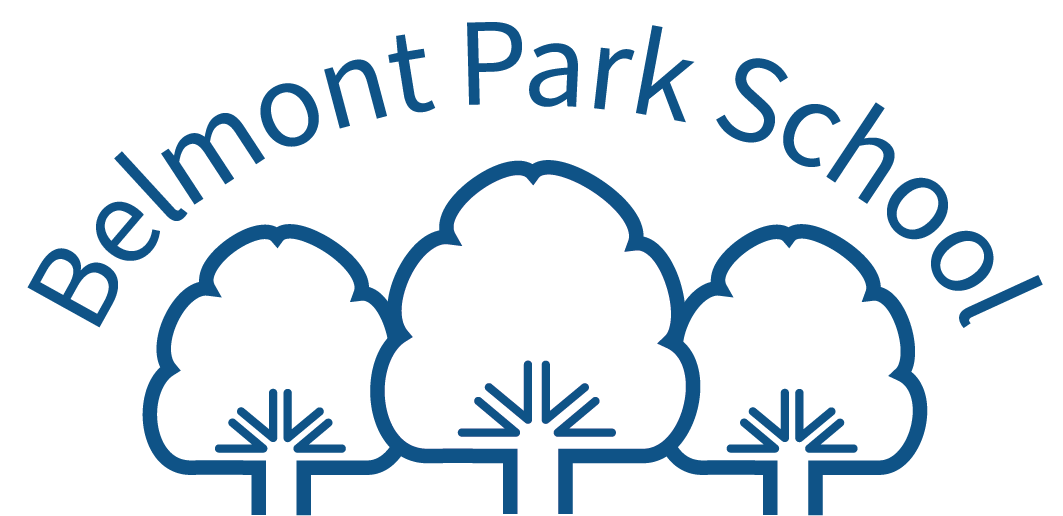Education, Health & Care Plans (EHCPs)
All our students have EHCPs plans, which are an integral part of our Assess Plan Do Review cycle (more detail below).
Universal - Whole school assessment cycle including standardised summative assessment and teacher assessment. Effective inclusion of all students in daily, adapted and scaffolded high-quality lessons.
Targeted - Small group or 1:1 assessment to identify needs leading to small group, time limited intervention to accelerate progress and to enable students to work at age-related expectations.
Specialist - 1:1 individualised and targeted. For students who have complex needs or who are working well below age-related expectations. Likely to be life-long SEND needs. Assessment at this level will be with specialists.
For each area of need we have assessments and interventions for each level of response. The four areas of need are:
Cognition and Learning (C&L) - including: Moderate learning difficulties (MLD); Severe learning difficulties (SLD); Specific learning difficulties (SpLD), for example Dyslexia, Dysgraphia, Dyspraxia (DCD) and Dyscalculia; Executive Functioning Differences; etc.
Communication and Interaction (C&I) - including: Speech, language and communication needs (SLCN); Specific learning difficulties (SpLD); Autism (ASD); Hearing impairment (HI); etc.
Social, Emotional & Mental Health (SEMH) - including: Attention deficit disorder (ADD); Attention deficit hyperactivity disorder (ADHD); Obsessive compulsive disorder (OCD); Oppositional defiance disorder (ODD); Autism (ASD); Bipolar disorder; Anxiety disorder, etc.
Physical and Sensory (P&S) - including: Visually impaired (VI); Hearing impaired (HI); Multi-sensory impaired (MSI); Physical disability (PD); Sensory processing differences (SPD); Dyspraxia (DCD), etc.
Assess
At Belmont Park School we have 2 layers of assessments:
The general academic assessments for all students in reading, spelling, writing, maths and social and emotional development - we are aspirational for our students and always aim for them to access their year groups’ curriculum.
Once the general academic assessments have been analysed we can then see if students require further assessments in specific areas in order to identify interventions that are necessary. These assessments will also form a baseline so that progress can be measured.
The further assessments include specific assessments for: sensorimotor development; speech, language and communication needs (SLCN); specific learning difficulties (SpLD); phonological processing; and visual stress. We will always inform you and ask for consent when a further assessment is being completed for your child and the results from this shared.
When we have assessed to understand the specific areas of need the class teacher in liaison with the SENDCo will design an intervention plan to meet the need and close the gaps in the students’s understanding.
Plan
All our students have an EHCP which is managed by the Local Authority (LA), however the LA defer many management activities to the school. The SEND CoP (Special Educational Needs & Disability Code of Practice, 2014) lays out in law that all EHCPs must be reviewed annually.
The school plans their annual reviews by year group, following this pattern:
Year 11 - October/ November
Year 10 - November/ December
Year 7 - and 9 - December/ January
Year 8 - January /February
A student may require an early or interim review, this will always be in discussion with the child's parents/carers and the LA.
Every student also has an Individual Learning Plan which is developed from the outcomes identified on the EHCP, breaking them down into manageable small steps and SMART targets.
SMART targets should be Specific Measurable Achievable Relevant and Time-bound
Students are invited to work with teaching staff to review and rewrite targets and provisions and students' views are collected freshly for each plan written. Students have their targets in exercise books and are encouraged to add stickers when they feel they have met their targets. This allows them to have ownership over their targets and drives progress forward.
Individual Learning Plans are reviewed in Team around the Class meetings which take place every half term to allow all staff to discuss how students have progressed towards their individual learning plans. Parents will be asked to take part in the reviewing and production of plans during these meetings.
When students are Children Looked After and have Personal Education Plans (PEPs) these will be written to link to the Individual Learning Plans to ensure clarity of offer.
Do
Teachers are supported by the SENDCo, Inclusion Team and the Senior Leadership Team, to use a range of strategies, approaches and evidence based interventions, based on the individual students’ gaps in learning. Where possible we try and embed the provisions into normal classroom practice so that skills are generalised and not learned for a specific environment.
In lessons we follow the National Curriculum and adapt the way in which we present, support and scaffold the learning to meet the individual needs of the students. Please see the Curriculum pages for details of what we teach.
Interventions planned by specialist professionals, for example Educational Psychologist, Speech and Language Therapist, School Counsellor and on site CAMHs worker will be run by teaching staff and additional adults.
Review
Review of targets happens through a combination of marking and assessment:
Daily marking of the students’ work acts as an ongoing review and their learning profile can be updated as required, to demonstrate and track small step progress to inform future planning.
Assessment includes all the forms of assessment mentioned above in the Assess section.
Once the assessment has been completed the plan can be reviewed and rewritten with the students and parents.

